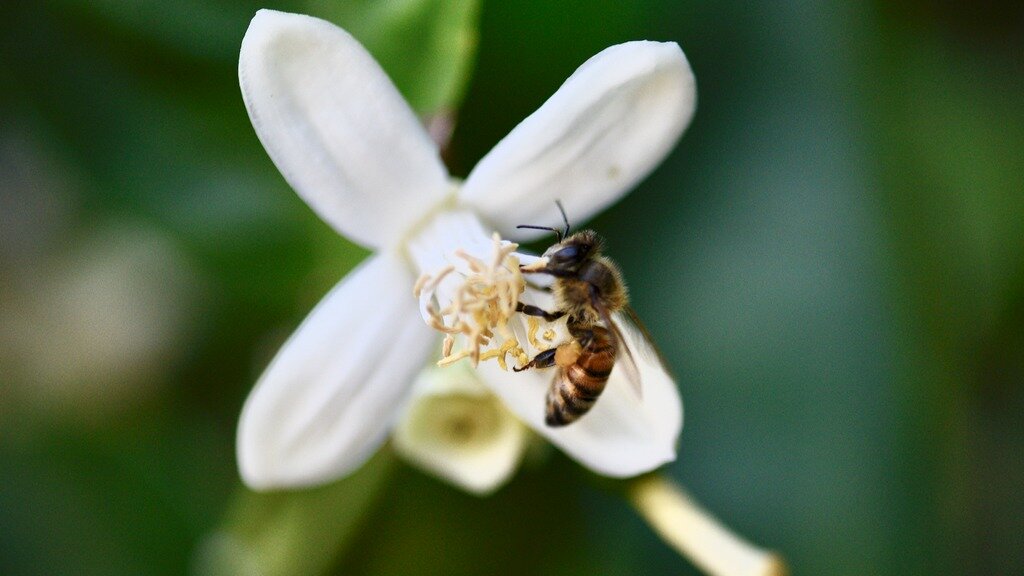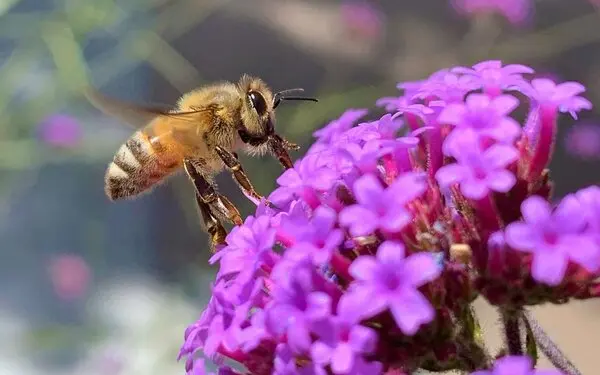Introduction to Spelling Bee Buddy
In the realm of academic competitions, few are as enduring and universally recognized as the spelling bee. For generations, students have tested their linguistic skills in this intellectually rigorous contest, challenging themselves with words that are sometimes obscure, often tricky, and always demanding of precision and focus. But behind every great speller, there is often an unsung hero: the Spelling Bee Buddy.
The Rise of the Spelling Bee
The spelling bee has a long and storied history, particularly in the United States where it has become a cultural fixture. The Scripps National Spelling Bee, perhaps the most famous spelling competition in the world, dates back to 1925 and has grown exponentially in terms of participation and prestige. Thousands of students prepare for months—sometimes years—in hopes of making it to the national stage. With such intense preparation, many students rely not just on teachers or parents, but also on peers or mentors who act as spelling bee buddies.
These buddies may be fellow students, older siblings, friends, or even teachers who volunteer to help. The relationship, while often informal, is deeply impactful. A spelling bee buddy is more than just someone who reads out words from a list; they are motivators, practice partners, and emotional support systems rolled into one.
Who Can Be a Spelling Bee Buddy?
A spelling bee buddy can be anyone who is willing to invest time and effort into helping a speller achieve their goals. Ideally, the buddy has a good command of language, a patient demeanor, and an encouraging personality. Some of the best spelling bee buddies are:
- Fellow students who are also interested in spelling and want to practice together.
- Older siblings or relatives who have previous experience with spelling bees.
- Teachers or tutors who take time outside the classroom to assist.
- Parents who are eager to support their child’s academic aspirations.
- Online friends or community members connected through spelling forums or virtual study groups.
What matters most is not who the buddy is, but the dedication and synergy they bring to the table.
How Spelling Bee Buddies Help
1. Daily Practice Partner
Regular and consistent practice is the cornerstone of spelling bee preparation. A buddy makes it easier to stick to a routine. By taking turns reading out words, spelling them aloud, and discussing etymology, the duo can make sessions more engaging and less monotonous.
Moreover, having a buddy creates accountability. When someone is counting on you to show up and practice, you’re less likely to skip sessions.
2. Pronunciation and Phonetics Assistance
Correct pronunciation is key in spelling bees. Contestants often rely on hearing a word correctly before they can spell it. A buddy can help by ensuring accurate pronunciation or simulating the role of the bee’s pronouncer. This helps build auditory recognition skills, which are essential during the actual competition.
3. Emotional Support and Confidence Building
Spelling bees can be nerve-wracking, especially in the later stages when the competition becomes fierce and the stakes are high. A spelling bee buddy can provide a calming influence, boost morale, and offer pep talks when things get tough. Having someone who believes in your abilities can make a world of difference.
This emotional support can be especially crucial after a loss. Every speller faces disappointment at some point, and a buddy can help process that experience, learn from it, and come back stronger.
4. Strategic Preparation
Spelling bees are as much about strategy as they are about knowledge. A seasoned buddy can help create word lists, organize study schedules, and introduce mnemonic devices. They may help break down words into prefixes, roots, and suffixes to aid memorization.
Advanced spelling bee buddies might even simulate full mock competitions to prepare the speller for real-world conditions—timing responses, using definitions, origins, and parts of speech just as a judge would.
Real-Life Stories of Spelling Bee Buddies

Maya and Riya: Sisterly Support
Twelve-year-old Maya reached the Scripps National Spelling Bee Buddy finals, thanks in large part to the help of her older sister Riya. A former spelling bee participant herself, Riya acted as Maya’s coach and cheerleader. Every day after school, the sisters would sit together, going over words for an hour or more. Riya’s personal experience in the bee meant she could offer not just words but insights—like how to stay calm on stage and how to decode unfamiliar terms.
Mr. Bennett and the Literacy Club
At a public middle school in Chicago, English teacher Mr. Bennett started a lunchtime literacy club where students could volunteer to be spelling bee buddies for one another. What started as a small group blossomed into a community-driven initiative. Students reported not just improved spelling skills but also stronger friendships and greater academic confidence.
Virtual Buddies in the Digital Age
In the digital era, many spelling bee hopefuls find buddies online. Through websites and apps dedicated to spelling and vocabulary building, students from around the world connect and practice together. One such pair—Elena from Texas and Aarav from India—became pen pals and spelling partners through a spelling subreddit. Despite time zone differences, they managed to study together twice a week via video calls, eventually both qualifying for national-level bees in their respective countries.
The Buddy System Beyond the Bee
The concept of a spelling bee buddy extends far beyond the confines of the competition. It cultivates valuable life skills—teamwork, discipline, empathy, and resilience. It also reinforces the idea that success is rarely a solo endeavor. Collaboration, when done with mutual respect and commitment, elevates everyone involved.
The buddy system can also inspire a lifelong love of language. Many former spelling bee participants go on to explore careers in writing, editing, teaching, law, and other fields where strong language skills are a cornerstone. And many buddies, having enjoyed the process, continue mentoring others, perpetuating a cycle of support and learning.
Creating a Buddy Culture in Schools
Schools can play a significant role in promoting the spelling bee buddy culture. Here are some ways educators and administrators can encourage it:
- Buddy Pair Programs: Pair older students with younger ones for mentorship and practice sessions.
- After-School Clubs: Establish spelling or vocabulary clubs where students can collaborate.
- Buddy Incentives: Recognize and reward not just the spellers but their buddies as well.
- Parental Engagement: Encourage parents to be involved, either as buddies themselves or by supporting the initiative.
- Workshops and Resources: Provide training or resources for effective buddy practices.
Final Thoughts More Than Just Words
In a world where competition often fosters isolation, the spelling bee buddy system reminds us of the value of connection. It’s a powerful model of mutual growth and support, one that transforms a solitary endeavor into a shared adventure. Whether you’re aiming for the championship trophy or simply hoping to improve your vocabulary, having a spelling bee buddy can make the journey not just more successful—but more joyful.
So next time you hear a young speller flawlessly deliver an impossible word, remember: somewhere behind that moment of triumph, there’s probably a buddy who helped make it happen.
You Many Also Read: Madonna children



